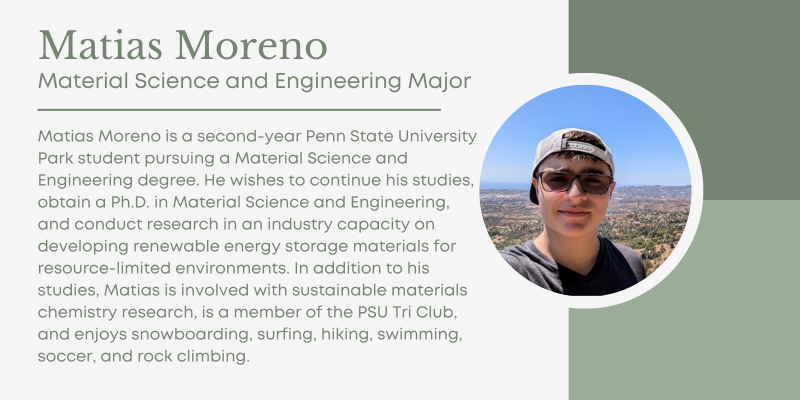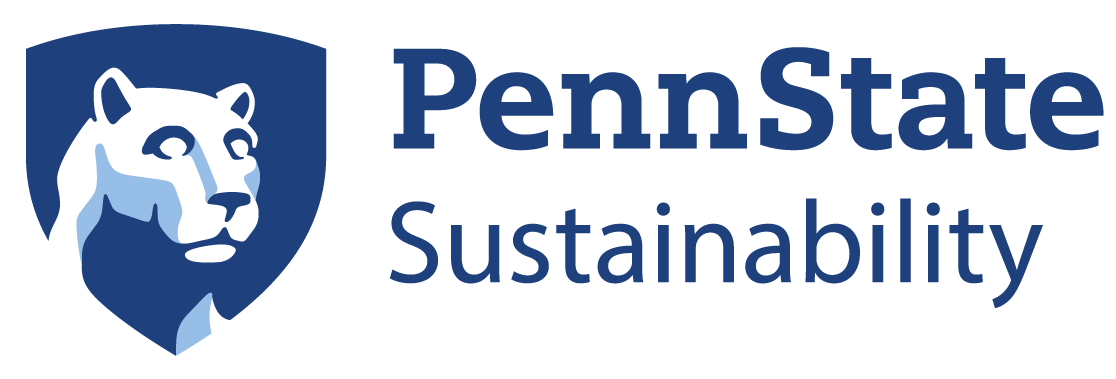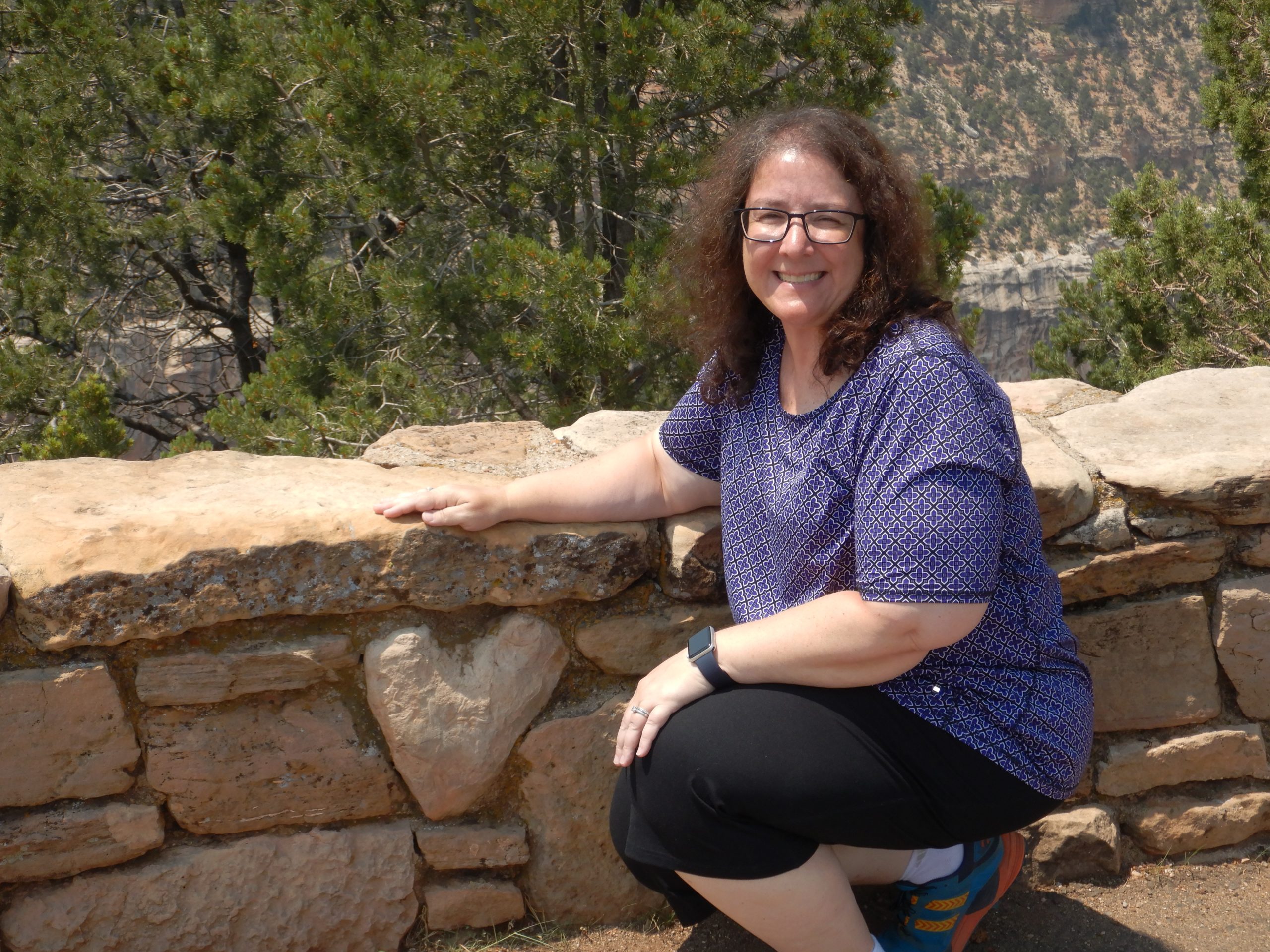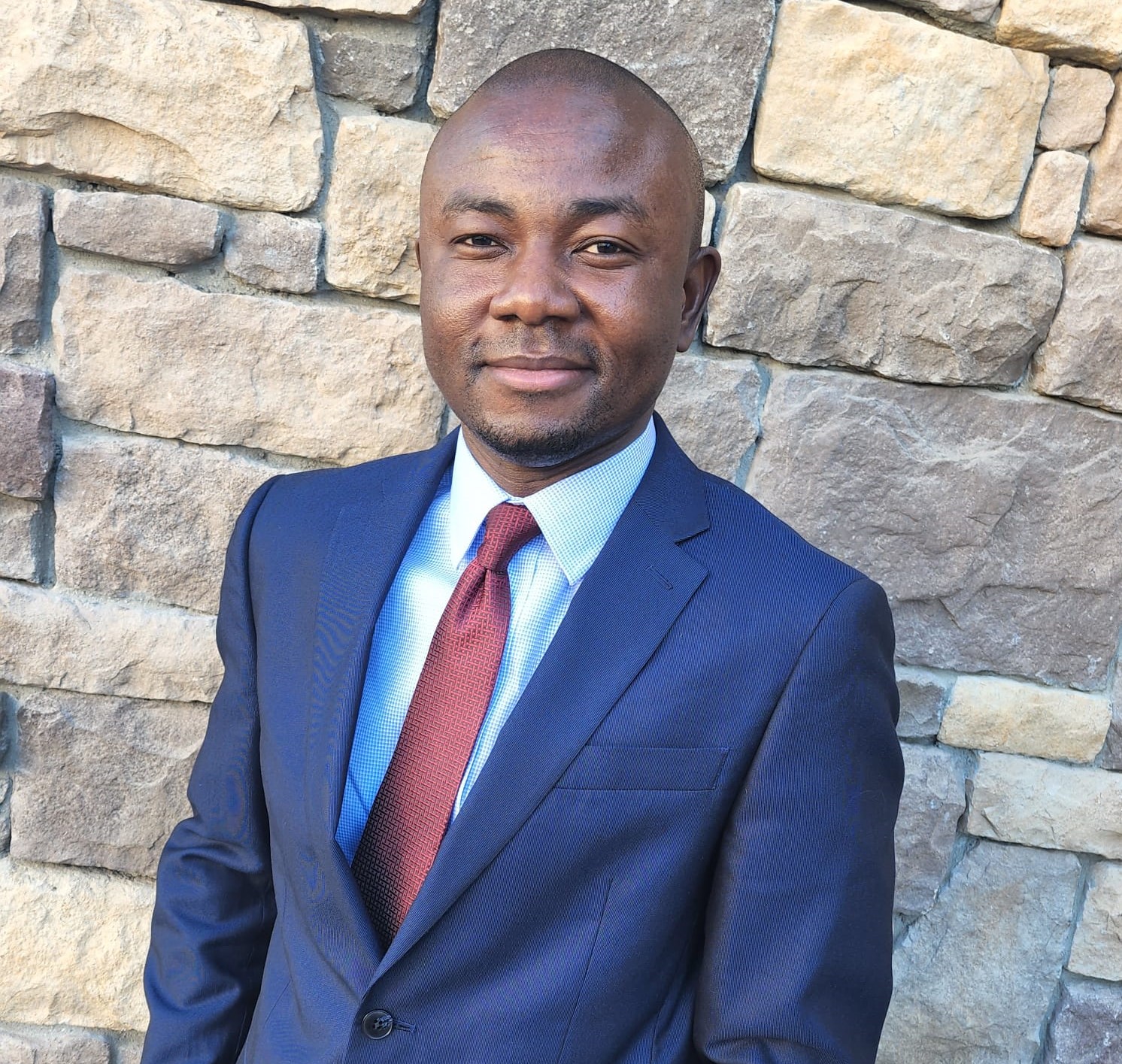Matias Moreno, Sustainability Scholar: Pre Departure Blog – Singapore
Diving into Belize’s haunting reefs, I felt the weight of environmental responsibility settle on me like never before. In the spring of 2024, I joined an embedded study abroad program in Belize that exposed me to the stark realities of climate change. Diving down to reefs that should have been teeming with life, I instead saw bleached corals, barren and pale, where vibrant ecosystems once thrived. This landscape left a profound impact on me, activating a sense of responsibility to find ways to address the environmental issues right in front of me. Working alongside the Belize Women’s Seaweed Farmers Association and other students, I leveraged my background in materials science, cultural competency, and CAD modeling to create a sustainable solution called Kappacrete. This design combined Kappa Ficus, an invasive seaweed species typically burned or discarded, with concrete to develop low-cost, eco-friendly structures. Kappacrete anchors seaweed farms and enhances biodiversity by offering habitats for marine life. This pivotal experience clarified how material science can drive solutions that address environmental challenges and support local livelihoods.
Belize was a great way to prepare me for long-term study abroad through a meaningful but shorter study abroad experience. It also helped ‘spark’ a passion for how I can be involved at any level and motivated me to apply to be a Global Sustainability Scholar (GSS). Now, at the National University of Singapore (NUS), I wanted to take some time to think about what I hope to gain from this experience as a GSS. Aligning closely with United Nations Sustainable Development Goals (UN SDGs) 11 (Sustainable Cities and Communities) and 13 (Climate Action), Singapore’s world-renowned Green 2030 program speaks for itself. At NUS, I aim to deepen my understanding of sustainable urban planning and my field of study’s (materials science) role in developing greener cities.
By engaging with campus-wide programs and sustainability groups like 1.5degree NUS – a campus-wide group that helps to expose students to professionally relevant sustainability skills, I plan to learn from others better versed in sustainability. Through this experience, I will explore how different global communities tackle the sustainable energy crisis and offer me the international perspective I need to contribute meaningfully to this sector as a materials engineer.
Studying abroad will complement my Millennium Scholar experience. This program provides a supportive, continuous, four-year learning community for a diverse population of undergraduates preparing to pursue doctoral degrees in science, technology, engineering, and math (STEM) fields. The Millennium Scholars Program has allowed me to explore my ambition in science as a good student and toward the program goal to cultivate a diverse set of global leaders in STEM, preparing me to be a better communicator and student abroad. Because of this, after studying in Belize, I see my upcoming experience as a GSS in Singapore as the next step to continue my global scholar journey. Not only will I be able to see what leading countries are doing to create greener cities, but I will also be able to live such activism beyond the traditional classroom in its cultural context and indeed start to live out what a global scholar is.
Culture shock is a real challenge, but one I am prepared for. Growing up in a melting pot of my own, I am sure I will adapt to this new environment. I grew up in northern Virginia, right outside of Washington D.C, where the largest population of Bolivians live in the USA. There are also many other cultures, though, which I am grateful for as it allowed me to have friends from almost anywhere.
Besides regular adjustments to a new culture, I anticipate specific challenges before arriving on the island. Funding my travel and course fees have be a time intensive step in preparing for my time in Singapore – something that I am grateful to have resolved beforehand. Another challenge is ensuring that all the courses that I will take at NUS are effective towards my major of Material Science and Engineering. I have addressed this issue by meeting with my advisors far ahead of time to create a plan. Moreover, I may struggle to balance my course load with local involvement. To address this, I met with personal advisors and past NUS Study Abroad program students to make a backup plan for spreading my courseload to the following fall semester (FA25).
Having grown up in a culture of English and Spanish, I realize that speaking multiple languages offers many more opportunities. From this, I am excited to see how another multi-language culture works and to both listen and do my part to be a cultural broker as a GSS. Moreover, I plan on living in an LLC (living and learning community) that prioritizes the UN SDGs: Ridge View Residential College (RVRC), giving me a smaller community of sustainability-driven students. Living in RVRC will also give me access to exceptional academic coursework such as RVN2000 (Engaging Local Communities in Sustainability).
Having previously participated in sustainability-focused initiatives, I am well-prepared to take on the challenge of how Singapore prioritizes and integrates sustainability into its urban landscape as a Sustainability Scholar. For instance, in January 2023, I spent a week at a research conference at Biosphere 2, which has similarities to Singapore. Like Singapore (but on a much smaller scale), Biosphere 2 is a closed-off environment that serves as proof-of-concept for what happens when a society prioritizes clean energy and development. This experience demonstrated how industry professionals and academia from across the country actively tackle problems and taught me many priceless networking soft skills. Now in Singapore, as a part of a non-faculty led program, I look forward to use and hone these soft skills to effectively communicate with other exchange and local students and to see this proof-of-concept on a national scale.
Upon my return, I intend to apply this knowledge to my academic research, particularly in developing materials that support sustainable urbanization and combat climate change. Moreover, I am committed to sharing these insights with my peers and community, helping to advance the SDGs, and inspiring others to engage in global sustainability challenges. My past experiences have prepared me well for this next step. I am eager to contribute to sustainability efforts during and after my time at NUS as a Global Sustainability Scholar.







